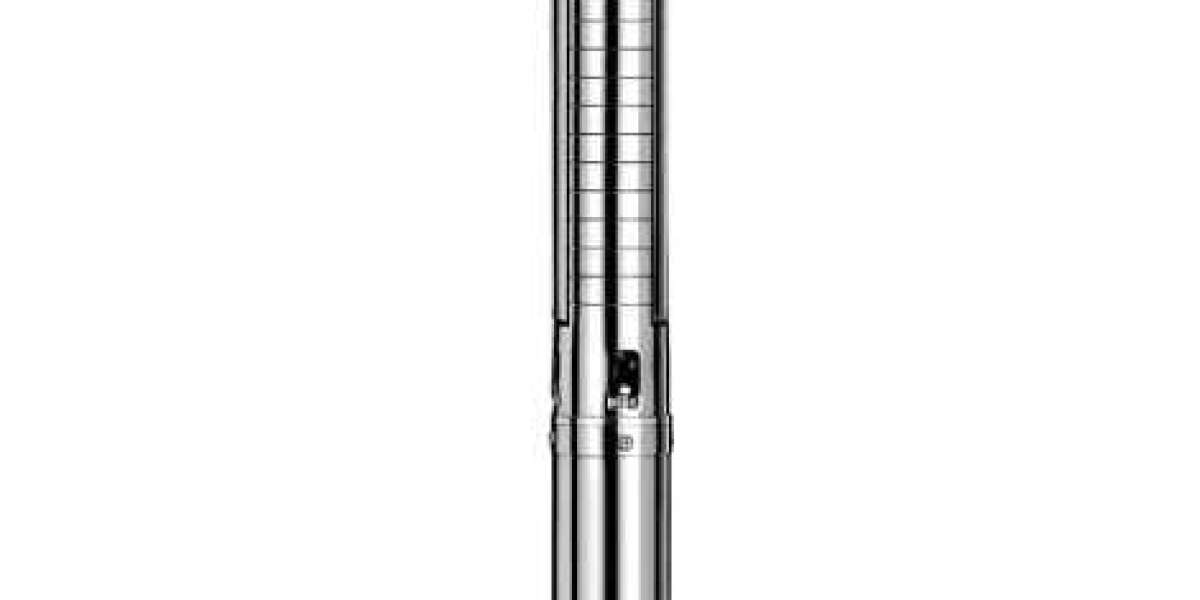OEM Deep Well Pump is essential in various industries for its ability to extract water from great depths. However, the energy consumption of these pumps is a critical factor that needs to be considered, especially in the context of rising energy costs and environmental concerns. This article delves into the energy efficiency of OEM Deep Well Pumps, examining the factors that influence their power usage and how this can be optimized.
The energy consumption of an OEM Deep Well Pump is primarily determined by its design, the depth from which it extracts water and the efficiency of its motor. A pump's design, including the type of impeller and the materials used, can significantly impact its energy requirements. For instance, pumps with more advanced impeller designs can move water more efficiently, reducing the energy needed to maintain a given flow rate.
The depth from which an OEM Deep Well Pump extracts water is another crucial factor. The deeper the well, the greater the pressure required to lift the water to the surface, which in turn increases the energy consumption. This is because the pump must work harder to overcome the increased hydrostatic pressure as the depth increases.
The motor efficiency of an OEM Deep Well Pump is also a significant determinant of its energy consumption. Modern pumps often feature high-efficiency motors that convert a greater percentage of electrical energy into mechanical energy, reducing waste and lowering energy bills. Additionally, variable frequency drives (VFDs) can be used to control the speed of the pump, allowing it to operate at the most energy-efficient speed for the specific demand, further reducing energy consumption.
Another aspect to consider is the maintenance and condition of the OEM Deep Well Pump. A well-maintained pump will operate more efficiently, consuming less energy. Regular maintenance includes checking for wear and tear, ensuring that the pump is properly aligned and that no debris in the water could hinder the pump's operation. A poorly maintained pump can lead to increased energy consumption due to inefficiencies caused by these issues.
The environment in which the OEM Deep Well Pump operates also plays a role in its energy consumption. Factors such as water temperature, the presence of abrasive particles, and the chemical composition of the water can affect the pump's efficiency. For example, higher water temperatures can reduce the viscosity of the water, making it easier for the pump to move, while abrasive particles can cause increased wear on the pump components, leading to decreased efficiency over time.
In terms of energy consumption, it's also important to consider the lifecycle costs of an OEM Deep Well Pump. While a pump with a lower initial cost may seem attractive, it may consume more energy over its lifetime, leading to higher operational costs. Therefore, it's essential to evaluate the total cost of ownership, including energy consumption, when selecting an OEM Deep Well Pump.
To minimize the energy consumption of an OEM Deep Well Pump, it's advisable to choose a pump that is appropriately sized for the specific application. An oversized pump will consume more energy than necessary, while an undersized pump will struggle to meet the demand, leading to inefficiencies and potential damage to the pump.
In conclusion, the energy consumption of an OEM Deep Well Pump is a multifaceted issue that involves the pump's design, the depth of the well, the efficiency of its motor, maintenance practices, and the operating environment. By considering these factors and choosing a pump that is well-suited to the specific application, it is possible to optimize the energy efficiency of an OEM Deep Well Pump, reducing operational costs and environmental impact.
https://www.solarpump-factory.com/product/dc-solar-water-pump/








